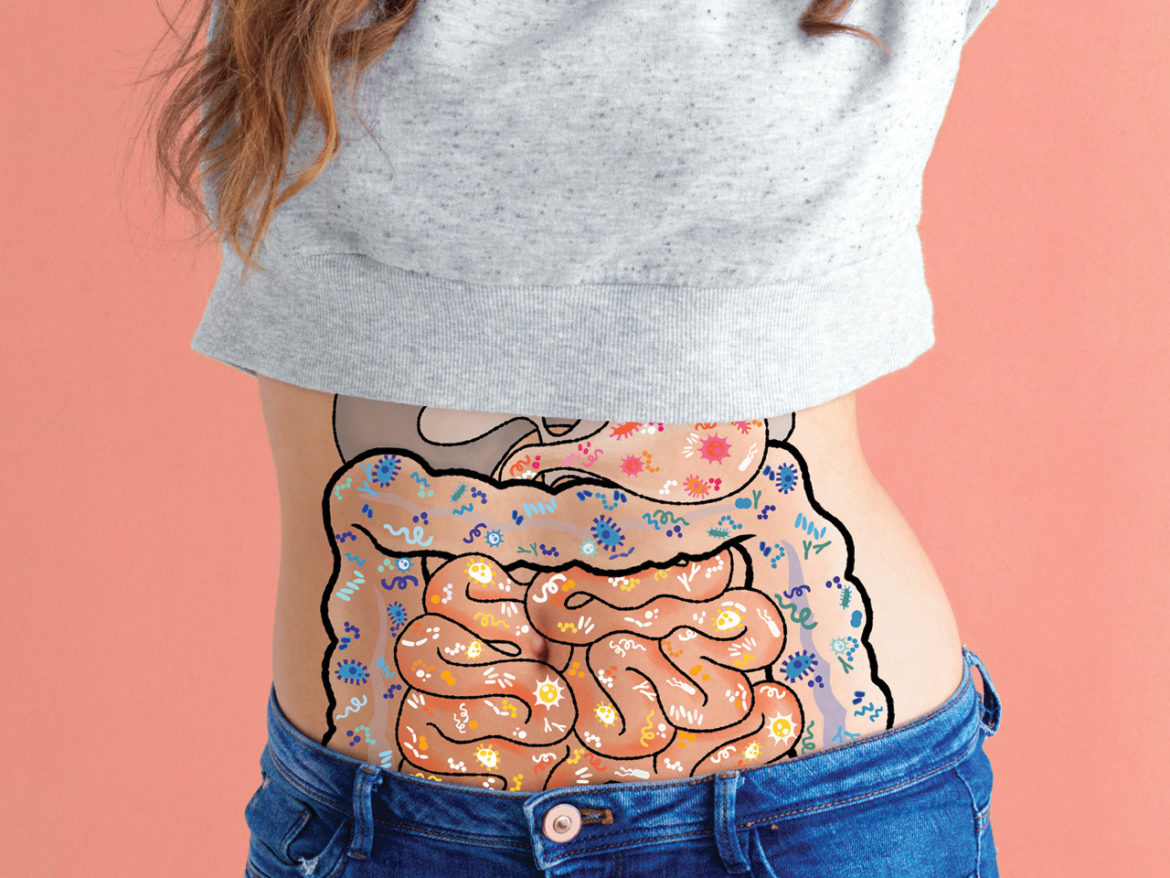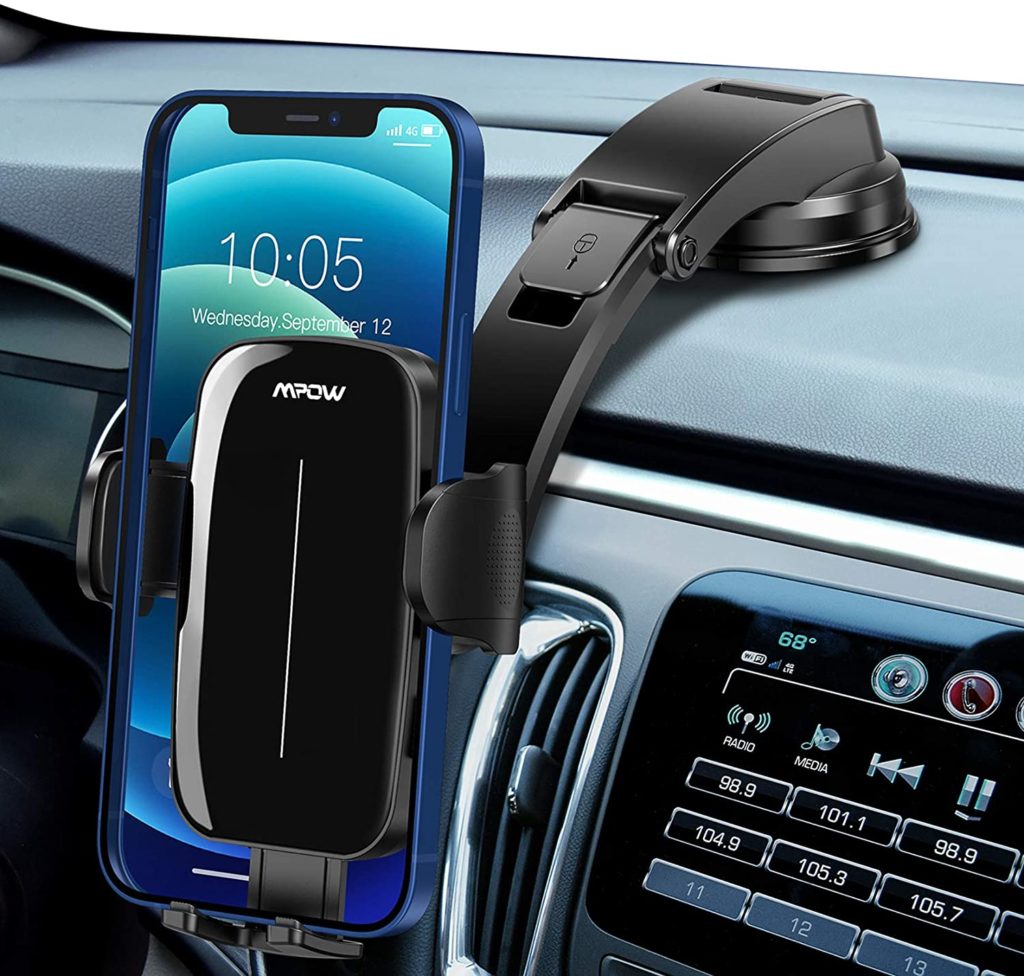What happens to your body?
“It’s always a good idea to talk to your doctor before starting probiotics“
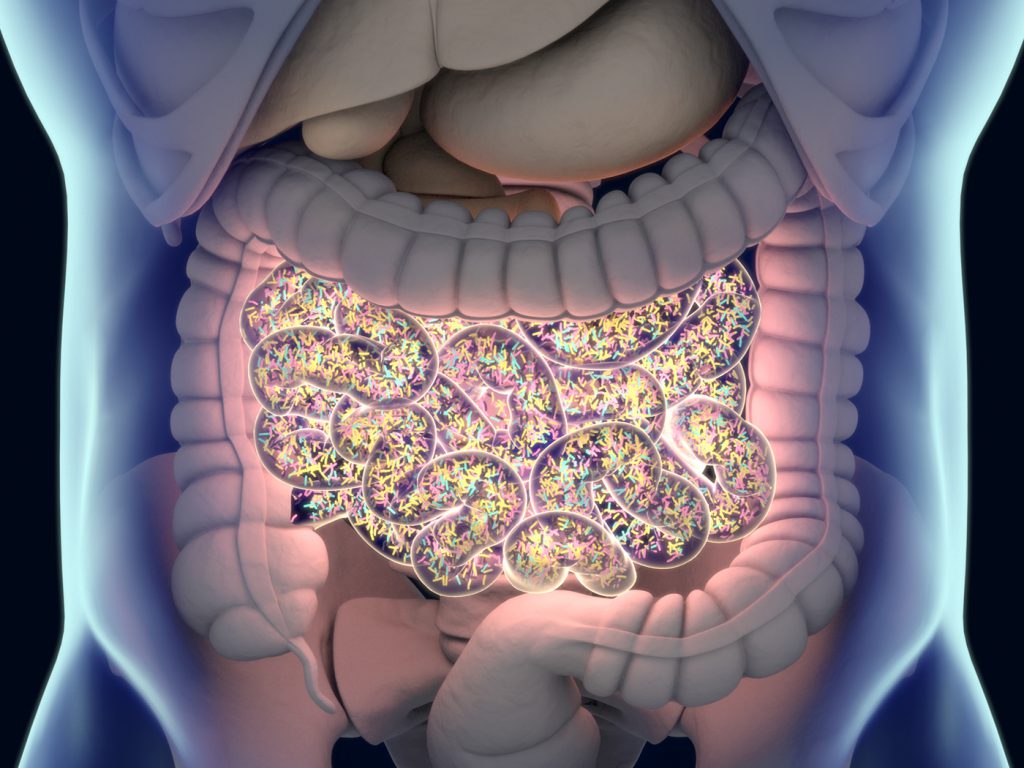
The following written content by Rebecca Strong
What Happens To Your Body When You Start Taking Probiotics
Whether you know it or not, there are trillions of little critters living in your gut—and consuming a solid amount of “good” bacteria to balance out the bad is key to your overall health. But what happens to your body when you start taking probiotics? The short answer is: a lot. These living microscopic organisms can improve digestion, keep your immune system in tip-top shape, control inflammation, help breakdown and absorb certain medications, and even positively affect your mood. But we’ll get into all the nitty-gritty details below.
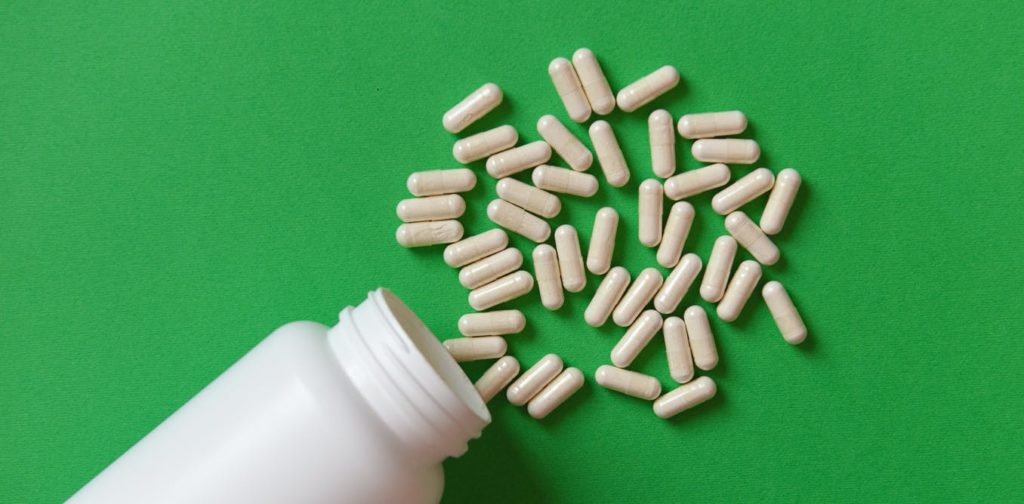
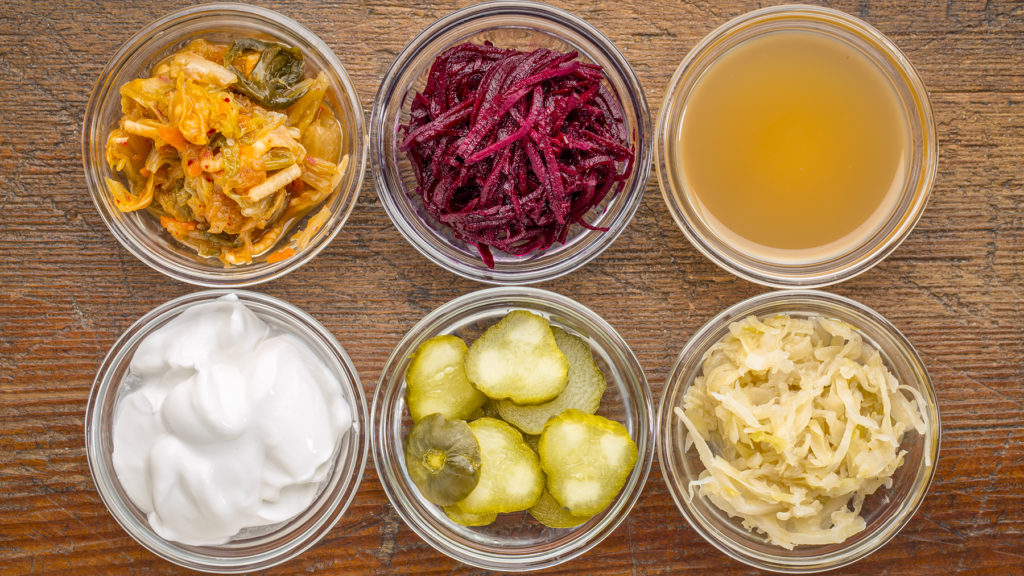
If you’re not getting enough probiotics in your own diet from fermented foods such as kimchi, kefir, sauerkraut, yogurt, tempeh, and kombucha, then taking a supplement is a super easy and effective way to stay healthy. Dr. Josh Axe, a clinical nutritionist, founder of Ancient Nutrition, and author of Ancient Remedies, recommends taking probiotic capsules on an empty stomach, either when you first wake up or right before bed (roughly 2 to 3 hours after your last meal), which will allow them to work faster while minimizing any potentially negative side effects.
Dr. Axe says that some of the particular groups who may benefit from taking probiotics are those with GI or nutrient absorption issues or poor blood sugar management. But the truth is, almost anyone can benefit from probiotics.
There are many different kinds of probiotics, and choosing the right one for you will depend on your goals. For example, certain types have been found to be effective for treating eczema, while others are well-suited to people with irritable bowel syndrome. It’s always a good idea to talk to your doctor before starting probiotics. That way, your provider can advise you about whether taking probiotics may be helpful for you, and if so, which supplements may be safe and effective based on your current health concerns. Read more from MSN.
Subscribe here
Advertisement

